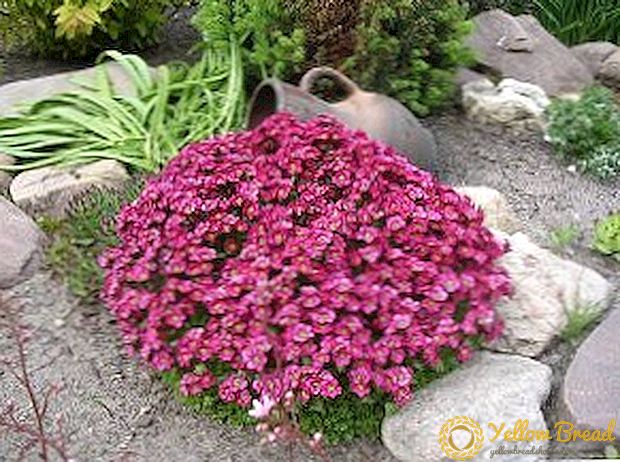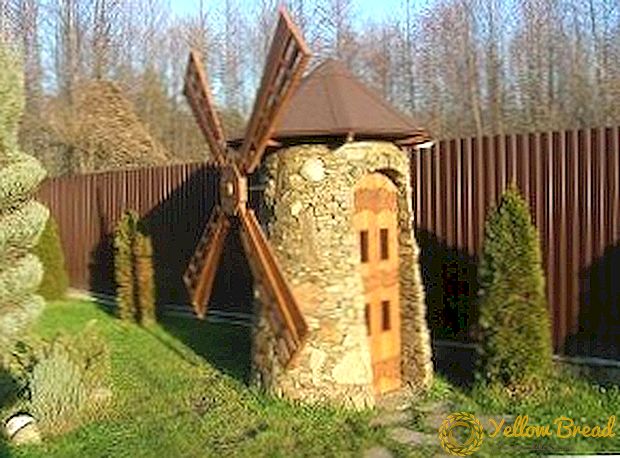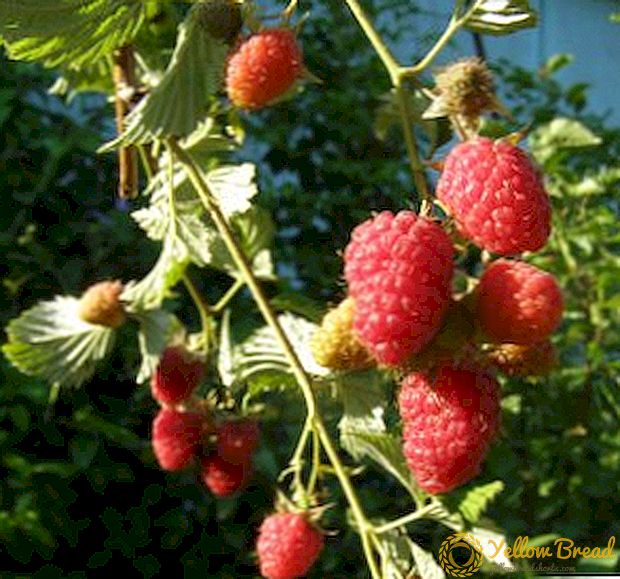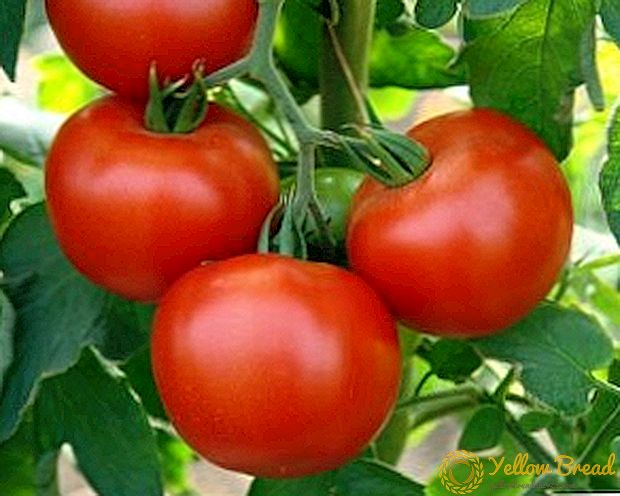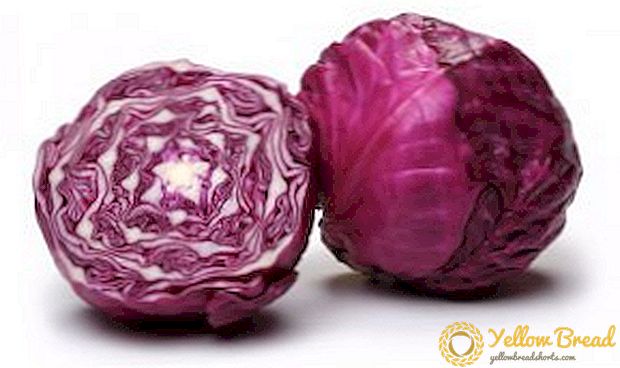
Potatoes are not perishable foods. However, improper storage in the winter can give you trouble. Potatoes do not like excessive moisture, high temperature and react badly to cold.
All of the above makes vegetable storage not so easy. Therefore, you need to know some of the nuances of how to properly store potatoes and which varieties are suitable for long-term maturation.
This article describes in detail how to properly store potatoes and which requirements to observe for the long-term preservation of vegetables.
Primary requirements
Vegetable growers are advised to whiten the walls and the ceiling where the vegetable is stored. This is done so that no mold is formed. Also check the premises for the presence of holes and crevices, if any, be sure to seal them.
Optimal temperature
At what temperature is the potato stored? Make sure that the room temperature does not exceed 4 degrees. But do not make it below this mark, as the potato will lose its taste.The maximum allowable temperature is 7 degrees. At 0 degrees and below, the vegetable freezes, becomes sweet and unusable, and soon rots.
Humidity
Humidity needs to be maintained around 85%. Low or too high humidity can damage the potato. If the air is very dry, put containers with water, moisture will evaporate from them.
Illumination
Tubers stored in the dark. Be sure to hide the vegetable from direct sunlight.
How to increase the term?
 The shelf life depends on many factors. This includes the variety of the potato itself, a properly selected and equipped place for storage, compliance with all the rules. If you want your tubers to be stored in the winter longer, think about it at the vegetable planting stage. For example, potatoes that grow in sandy soil will last longer than those grown in loamy lowland soil.
The shelf life depends on many factors. This includes the variety of the potato itself, a properly selected and equipped place for storage, compliance with all the rules. If you want your tubers to be stored in the winter longer, think about it at the vegetable planting stage. For example, potatoes that grow in sandy soil will last longer than those grown in loamy lowland soil.
Lose blight plants also affects storage. Therefore, before digging the tubers, the diseased tops are removed so that the infection does not get on the potatoes. If you follow all the instructions on the selection of storage space and clearly control the temperature, humidity and illumination, the shelf life of the vegetable will increase.
Will the potatoes stay until spring?
However, potatoes that have lain for more than three months are not recommended for experienced vegetable growers to eat, at least, without a proper inspection of the appearance.
Can I save for sale until spring?
It all depends on the potato variety and the conditions in which it grew and was stored. Most varieties are stored in good, commercial condition until spring. But it is better to sort the potatoes before you sell, in order to exclude getting into the total mass of damaged tubers.
Which varieties are best suited?
Almost any kind of vegetable is subject to storage, but it all depends on how much you plan to keep it in the pantry or cellar. If you decide to keep the tubers until spring, then choose medium late and late ripening varieties:
- Zhuravinka.
- Gull.
- Yavir
- Gingerbread Man.
- Slav.
- Atlanta.
- Asterix.
- Saturn.
What is permissible to store?
 Vegetables are stored in bulk in cases where the harvest was small, because this method has a big disadvantage. If there are several pockets of rotting, you will lose most of the potatoes. Most prefer to store in pallets or boxes, as it is convenient and spacious.
Vegetables are stored in bulk in cases where the harvest was small, because this method has a big disadvantage. If there are several pockets of rotting, you will lose most of the potatoes. Most prefer to store in pallets or boxes, as it is convenient and spacious.
The container will provide ventilation and thereby prevent rotting and disease. Drawers are easy to move and rearrange when needed. You can use bags, but made from natural materials. They are also well breathable, like boxes.
Process errors
- Non-compliance with the temperature regime.
- Excessively high or low humidity.
- Lack of ventilation.
- Hit damaged, rotten tubers in the total mass.
- Potatoes are not desirable to mix and store with other vegetables.
- Do not move the tubers in the winter.
- The room is not ventilated.
Video about what mistakes are made when storing potatoes:
Conclusion
Thus, it becomes clear that it is not enough just to grow a good harvest of potatoes on your own plot or to purchase it at a fair. Where it is more important to know how to keep potatoes in winter. After all the quality of the product during the maturation process can deteriorate significantly and then all the labors and efforts will be spent in vain.
In order for this not to happen, it is important to know and remember the basic rules for sorting and preparing the harvest for the tab, to consider the recommended storage conditions.Only by fulfilling all storage requirements can you stock up on good potatoes, which will delight your taste before the new crop ripens.

